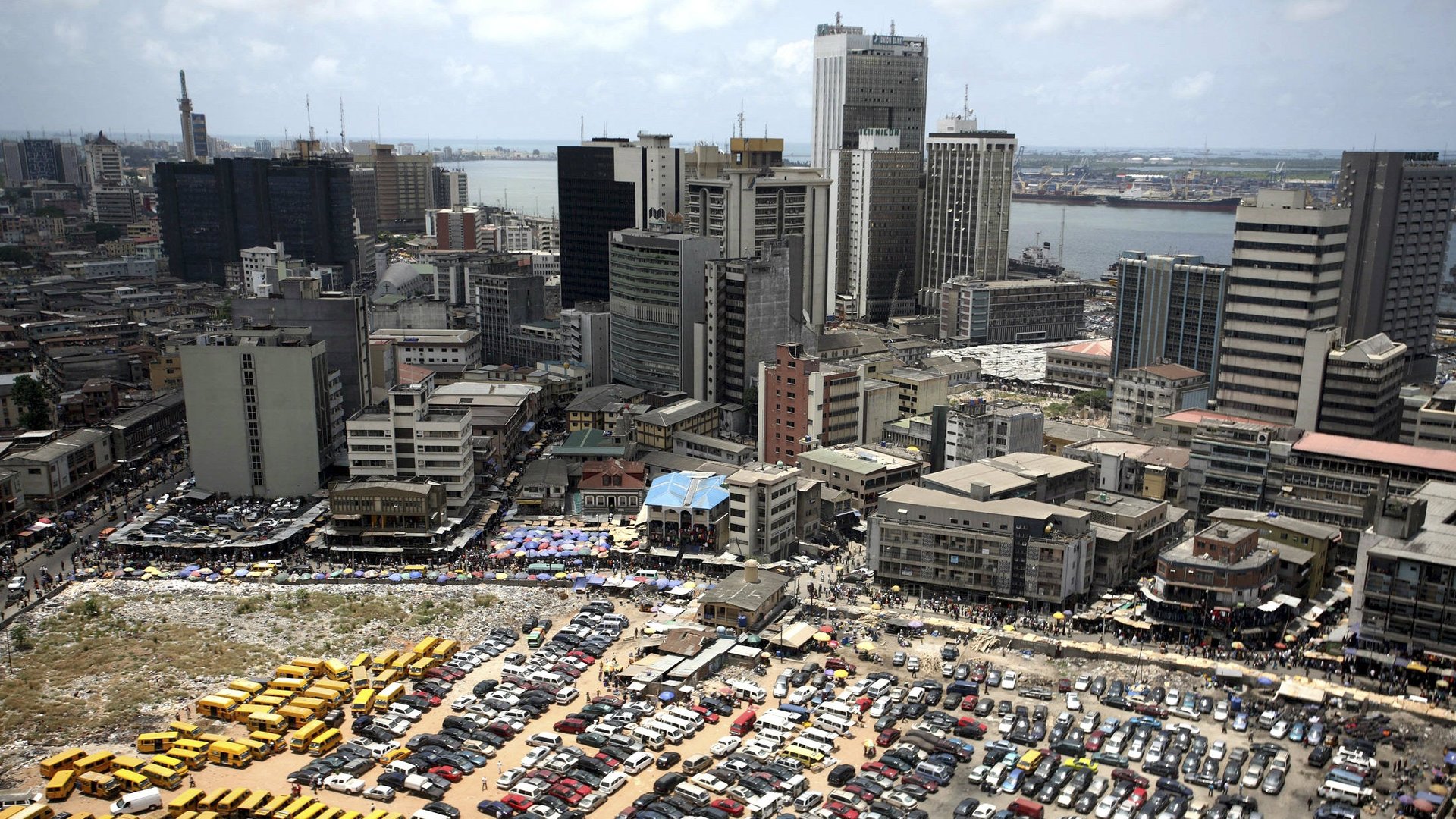Nigerian leaders hope a Twitter campaign to buy local can save its currency
The nosedive of Nigeria’s economy, the largest in Africa, makes for grim reading.


The nosedive of Nigeria’s economy, the largest in Africa, makes for grim reading.
Since the start of the year, the country’s stock market has taken a severe beating amid low oil prices and a seemingly irreversible currency slide. Falling to its lowest point in three years, investors dumped stocks fearing that the government could not control a deteriorating situation. As a result, the stock market lost as much value in the first two weeks of 2016 as it did in half of 2015.
In a bid to stop the bleed, Nigeria’s government, led by president Buhari, put in place policies which it says will encourage exports as the country looks to earn more foreign exchange. Oil, Nigeria’s biggest export, provides 70% of government revenue. The Central Bank officially pegged the naira and set up strict monetary policies (paywall) which have been described as unorthodox. Those tactics have had limited success.
Now, prominent Nigerian lawmakers and government officials are looking to an unlikely source for a solution: social media with a Twitter hashtag, #BuyNaijaToGrowTheNaira. It calls on Nigerians to buy local products to save the Naira and boost the economy.
The campaign, which has gone viral in the last week, hopes to stoke patriotism and trigger growth in local manufacturing and trade.
The senate has also taken up the campaign as it is working on amending a procurement act which will look to boost local production and, in turn, grow consumption. Among other things, the new procurement laws will mandate government agencies and offices to strictly patronize Nigerian products before considering foreign items. With a chunk of government spending earmarked for procurement related expenses, this can provide local manufacturers with an almost guaranteed market.
The government’s thinking, as its foreign exchange reserves have dried up, is Nigerians are too reliant on foreign products thus unnecessarily spending scarce foreign exchange. By patronizing local businesses, the government hopes foreign exchange will be reserved only for what it deems important purchases.
President Buhari himself has not been directly linked to the campaign. But he has a long history of pushing for Nigerians to be more patriotic. Most notably as a military ruler from 1984 to 1985 his government championed the now infamous War against Indiscipline which included a call for Nigerians to be more patriotic, know the national anthem and stay home to support the country.
While many have adopted the ‘Buy Nigerian’ campaign, others have pointed out its flaws. Primarily, the criticism is that the campaign is hinged on sentiment, rather than actual market forces. “You can’t force Nigerians to buy Nigerian products,” Cheta Nwanze, a researcher at SBM Intelligence, told Quartz. “You can make it harder to buy foreign products but the quality of local options has to catch up. When it does, people will buy local options because by default they will always be cheaper.”
There is also an argument that making legislation which seeks to enforce patronage of local businesses will inadvertently hurt them long-term. Shielding local businesses from competition of foreign products could hamper efficiency. For local businesses, campaigning strictly on the basis of patriotism rather being a better or equal option to foreign products and services represents a weaker value proposition for an increasingly discerning and growing middle class.
While the logic behind boosting local businesses can hardly be faulted, it will take more than a social media campaign to do so. A better path to galvanizing local businesses is by making the country more conducive for businesses. Data from World Bank’s Ease of Doing Business report (pdf) shows there are only 20 countries in the world where it is easier to do business than in Nigeria.
With a more conducive business environment, thriving local businesses can provide Nigeria with viable exports. “This is a great time to invest in production and it’s also a time we can use to strongly encourage exports and where businesses can earn a lot from exporting,” Mark Essien, founder of Hotels.ng, told Quartz.
By itself, stoking sentiments of patriotism might increase patronage of local businesses and products but unless government works on all-encompassing solutions, the impact will be ephemeral. Africa’s largest economy is in need of a more permanent solution.